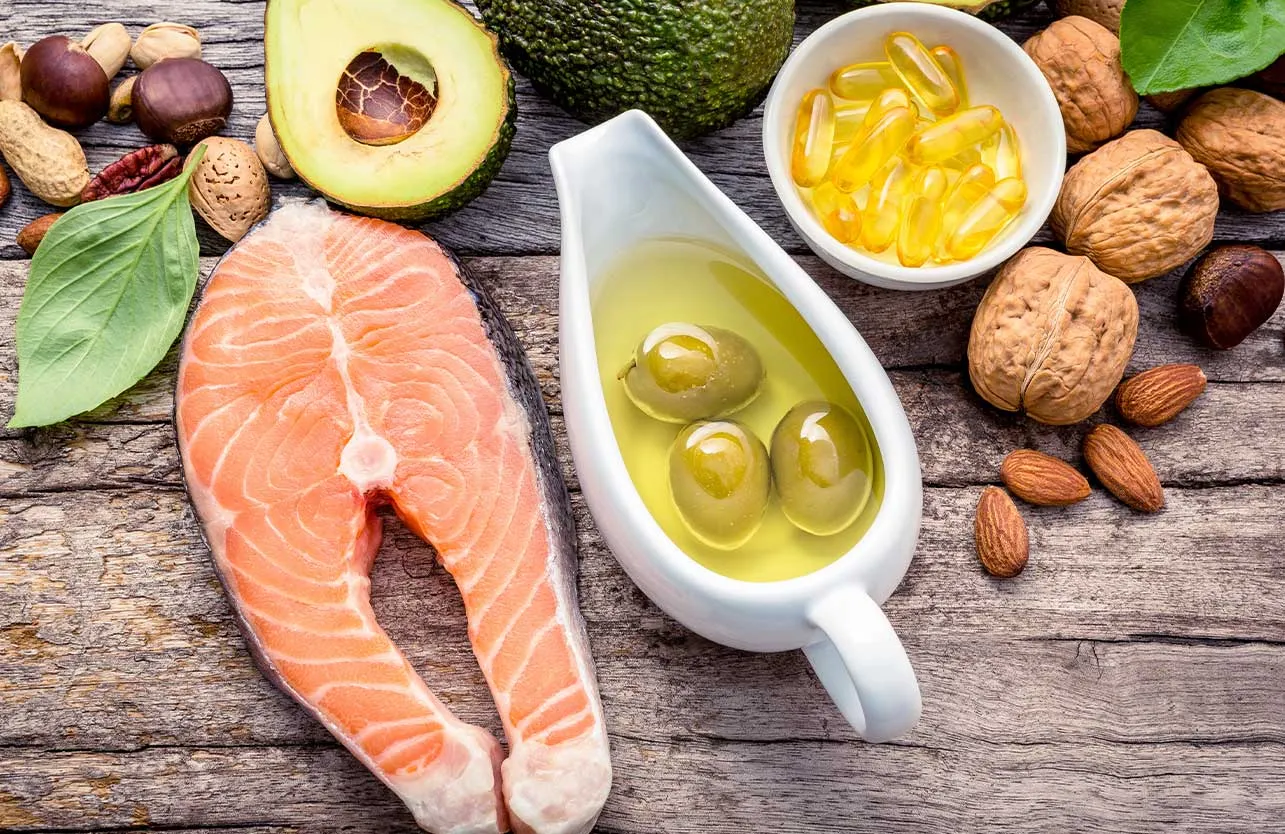Dietary Tips to Prevent Acne Formation
The Scientific Link Between Diet and Acne
Acne is a chronic inflammatory skin condition not only limited to adolescence—it is also common in adulthood. While genetics, hormones, and stress are known factors, recent studies emphasize the role of diet in the onset and severity of acne.
Research shows that certain foods—particularly those with a high glycemic index and dairy products—may stimulate sebum production and exacerbate inflammation, thus worsening acne lesions.
Foods That May Trigger Acne
Here are some food groups that have been linked to acne flare-ups. While responses vary by individual, the following are supported by scientific literature:
1. High-Glycemic Index Foods
- White bread, rice, potatoes, sugary cereals
- Cause rapid blood sugar spikes → increased insulin and IGF-1 → more sebum production
- This process creates an ideal environment for acne formation.
2. Dairy Products
- Especially skim milk is associated with acne, likely due to hormone content.
- It can increase IGF-1 levels, which stimulates sebaceous gland activity.
- Cheese and yogurt are generally less problematic but should be consumed in moderation.
3. Chocolate and Refined Sugar
- High sugar content may increase systemic inflammation and promote breakouts.
- Dark chocolate is a better alternative, though portion control is still essential.
4. Fast Food and Trans Fats
- Burgers, fries, processed meats
- Rich in saturated and trans fats that support systemic inflammation
- May also disrupt gut microbiota, impairing skin’s immune response.
Acne-Fighting Nutrients and Skin-Friendly Foods
Integrating anti-inflammatory and antioxidant-rich foods into your diet can improve skin health and reduce breakouts.
1. Omega-3 Fatty Acids
- Found in salmon, sardines, walnuts, flaxseeds
- Reduces inflammation and supports skin barrier function
2. Zinc-Rich Foods
- Pumpkin seeds, lentils, chickpeas, seafood
- Supports immune function and regulates oil production
- Zinc deficiency is linked to acne in multiple studies
3. Vitamin A and Beta-Carotene
- Carrots, sweet potatoes, spinach, pumpkin
- Promotes cell turnover and reduces keratin buildup
4. Vitamin E
- Sunflower seeds, almonds, avocados
- Strengthens the skin barrier and protects against oxidative stress
5. Probiotics
- Found in kefir, yogurt, sauerkraut, kombucha
- A healthy gut microbiome is essential for skin health and inflammation control
Sample Daily Acne-Friendly Meal Plan
|
Meal |
Skin-Friendly Options |
|
Breakfast |
Sugar-free oatmeal with almond milk, berries, walnuts |
|
Snack |
Fresh vegetables with hummus / a handful of raw almonds |
|
Lunch |
Grilled salmon with quinoa salad + olive oil |
|
Dinner |
Olive oil–based vegetable stew + yogurt + whole grain bread |
|
Dessert |
1–2 squares of 85% dark chocolate |
Beverages to Avoid or Consume Carefully
- Sodas and sweetened drinks: Spike insulin levels and worsen acne
- Milk-heavy coffee drinks: Lattes and similar drinks may trigger breakouts in some people
- Herbal teas: Especially green tea, known for its anti-inflammatory benefits
Golden Rules for Acne-Safe Eating
- Stay hydrated: Drink at least 2 to 2.5 liters of water daily
- Increase fiber intake: Whole grains, vegetables, and fruits support gut health
- Avoid packaged foods: Preservatives and additives can negatively impact skin
- Keep a food diary: Helps identify personal acne triggers

